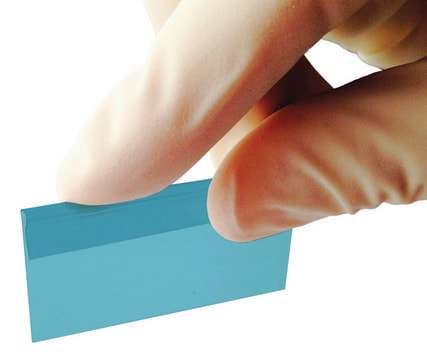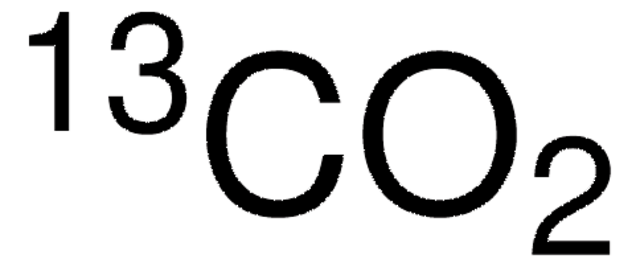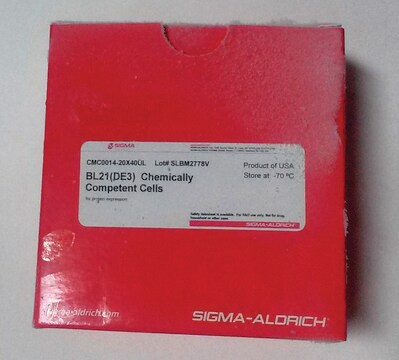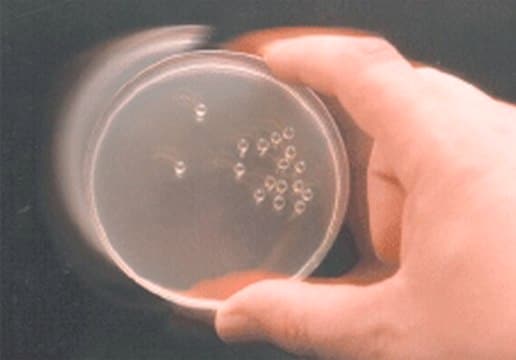T7699
Thunderbolt™ GC10™ Electrocompetent Cells
for generation of cDNA libraries and DNA plasmid production
Sign Into View Organizational & Contract Pricing
All Photos(2)
About This Item
MDL number:
UNSPSC Code:
12352200
Recommended Products
grade
for molecular biology
form
suspension
shipped in
dry ice
storage temp.
−70°C
Looking for similar products? Visit Product Comparison Guide
General description
Thunderbolt GC10 electrocompetent E. coli have a very high transformation efficiency of >1x1010 cfu/μg when transformed with non-saturating amounts of pUC19 plasmid DNA. They are comparable to DH10β strain.
Application
Suitable for recovery of high quality plasmid DNA and generation of cDNA libraries from plasmid-based vectors
Features and Benefits
- Ensures recovery of stable, high quality plasmid DNA as well as methylated DNA
- Renders protection to clonal stocks from T1 and T5 bacteriophage contamination
- Allows for β-galactosidase α-complementation for blue/white screening
- Guaranteed high transformation efficiency
- Convenient 80 μL or 100 μL aliquots
Components
- Thunderbolt GC10 electrocompetent cells, 5 X 80 μL or 5 X 100 μL (T7074)
- pUC 19 control DNA (10 ng/μL), 10 μL (D2567)
Principle
Thunderbolt GC10 electrocompetent E. coli is K strain bacteria that contain mutations in recA1 and endA1 genes. These mutations aid in minimizing recombination and ensuring plasmid stability. This strain also contains tonA genotype that confers resistance to lytic bacteriophages such as T1 and T5. The host restriction systems are eliminated to allow the cloning of methylated DNA.
Legal Information
GC10 is a trademark of GeneChoice, Inc.
Thunderbolt is a trademark of GeneChoice, Inc.
related product
Product No.
Description
Pricing
Storage Class
12 - Non Combustible Liquids
wgk_germany
WGK 1
flash_point_f
Not applicable
flash_point_c
Not applicable
Choose from one of the most recent versions:
Already Own This Product?
Find documentation for the products that you have recently purchased in the Document Library.
Jeffrey Sabina et al.
The Journal of biological chemistry, 284(43), 29635-29643 (2009-09-02)
Efficient uptake of glucose is especially critical to Saccharomyces cerevisiae because its preference to ferment this carbon source demands high flux through glycolysis. Glucose induces expression of HXT genes encoding hexose transporters through a signal generated by the Snf3 and
W Florian Fricke et al.
Journal of bacteriology, 190(20), 6779-6794 (2008-08-19)
The increasing occurrence of multidrug-resistant pathogens of clinical and agricultural importance is a global public health concern. While antimicrobial use in human and veterinary medicine is known to contribute to the dissemination of antimicrobial resistance, the impact of microbial communities
Dana G Mordue et al.
Molecular microbiology, 63(2), 482-496 (2006-12-15)
The apicomplexan parasite Toxoplasma gondii is able to suppress nitric oxide production in activated macrophages. A screen of over 6000 T. gondii insertional mutants identified two clones, which were consistently unable to suppress nitric oxide production from activated macrophages. One
D Lee Taylor et al.
Molecular ecology resources, 8(4), 742-752 (2008-07-01)
High throughput sequencing methods are widely used in analyses of microbial diversity, but are generally applied to small numbers of samples, which precludes characterization of patterns of microbial diversity across space and time. We have designed a primer-tagging approach that
Plasmids of Escherichia coli as cloning vectors.
F Bolivar et al.
Methods in enzymology, 68, 245-267 (1979-01-01)
Our team of scientists has experience in all areas of research including Life Science, Material Science, Chemical Synthesis, Chromatography, Analytical and many others.
Contact Technical Service








